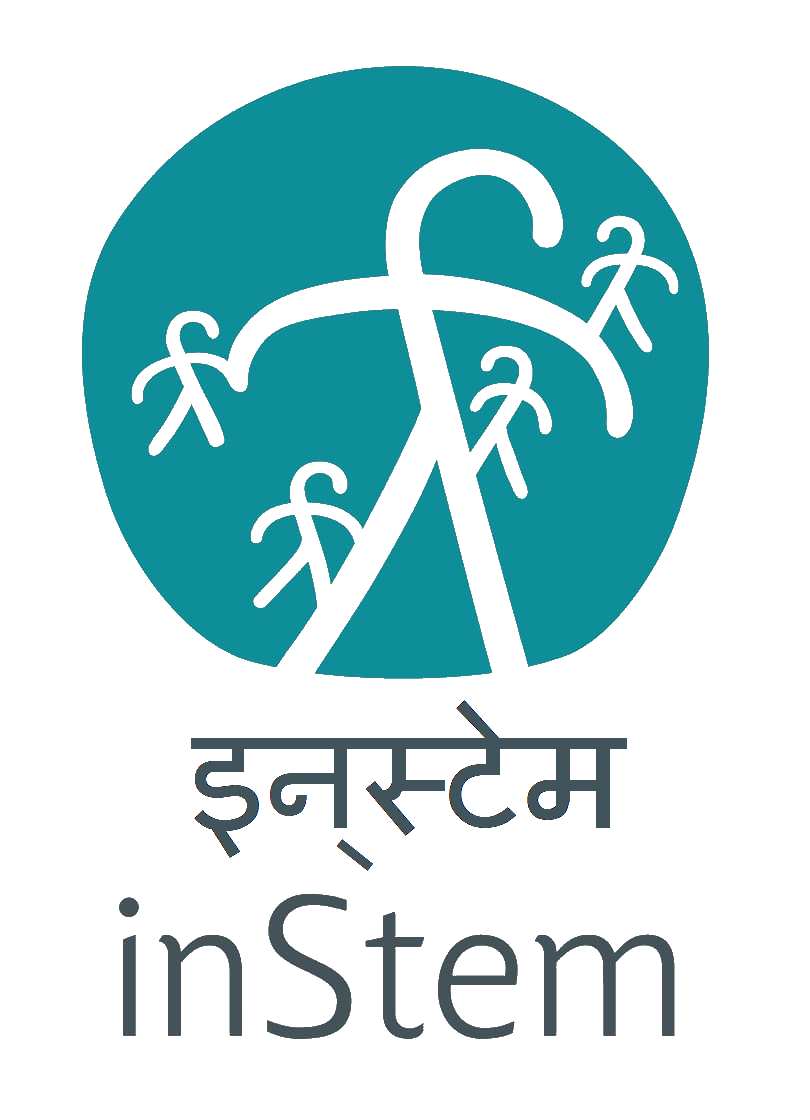Dual control of dopamine in Drosophila myeloid-like progenitor cell proliferation and regulation of lymph gland growth.
| Title | Dual control of dopamine in Drosophila myeloid-like progenitor cell proliferation and regulation of lymph gland growth. |
| Publication Type | Journal Article |
| Year of Publication | 2022 |
| Authors | Kapoor A, Padmavathi A, Madhwal S, Mukherjee T |
| Journal | EMBO Rep |
| Pagination | e52951 |
| Date Published | 2022 Apr 27 |
| ISSN | 1469-3178 |
| Abstract | In Drosophila, definitive haematopoiesis takes place in a specialized organ termed "lymph gland". It harbours multi-potent stem-like blood progenitor cells whose development controls overall growth of this haematopoietic tissue and formation of mature blood cells. With respect to its development, neurotransmitters have emerged as potent regulators of blood-progenitor cell development and function. In this study, we extend our understanding of neurotransmitters and show that progenitors are self-sufficient with regard to synthesizing dopamine, a well-established neurotransmitter. These cells also have modules for dopamine sensing through the receptor and transporter. We found that modulating expression of these components in progenitor cells affected lymph gland growth, which suggested growth-promoting function of dopamine in blood-progenitor cells. Cell-cycle analysis of developing lymph glands revealed an unexpected requirement for intracellular dopamine in moderating the progression of early progenitor cells from S to G2 phase of the cell cycle, while activation of dopamine receptor signalling later in development regulated their progression from G2 and entry into mitosis. The dual capacity in which dopamine operated, first intracellularly to coordinate S/G2 transition and later extracellularly in G2/M transition, was critical for the growth of the lymph gland. Overall, the data presented highlight a novel non-canonical use of dopamine in the myeloid system that reveals an uncharacterized function of intracellular dopamine in cell-cycle phasing with outcomes on haematopoietic growth and immunity as well. |
| DOI | 10.15252/embr.202152951 |
| Alternate Journal | EMBO Rep |
| PubMed ID | 35476897 |
| Grant List | BT/PR13446/COE/34/30/2015 / / Department of Biotechnology Center of Excellence / ECR/2015/000390 / / Department of Science and Technology - Early Career Research Award / / / Department of Biotechnology-Innovative Young Biotechnologist Award (IYBA) 2017 / IFCPAR/CEFIPRA / / Indo-French Centre for the Promotion of Advanced Research / / / Department of Biotechnology Ramalingaswami Re-entry Fellowship / |


